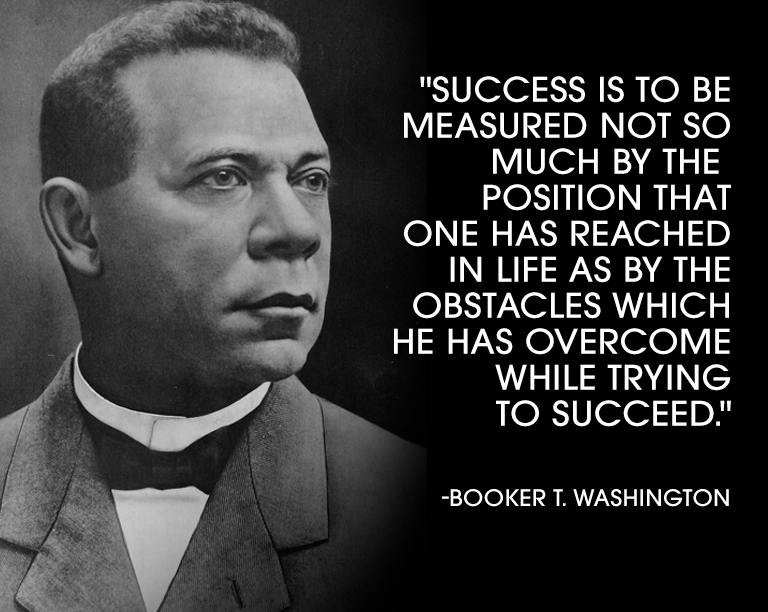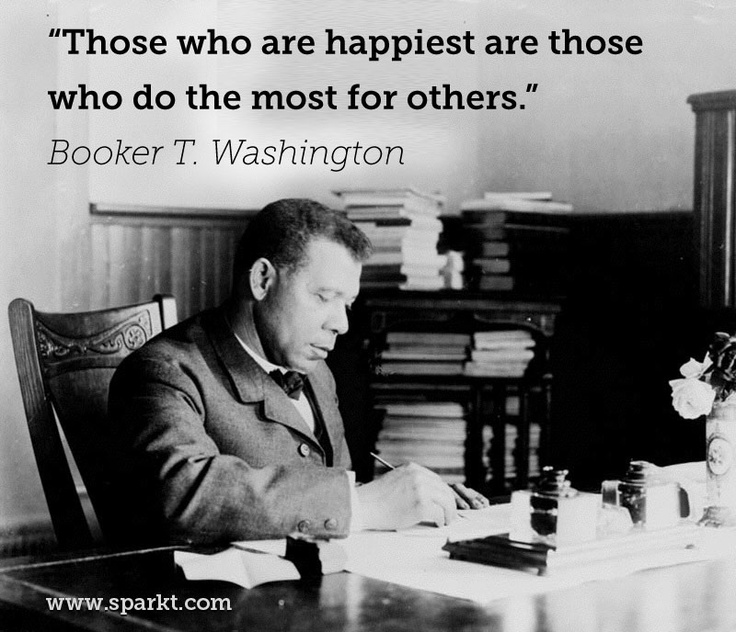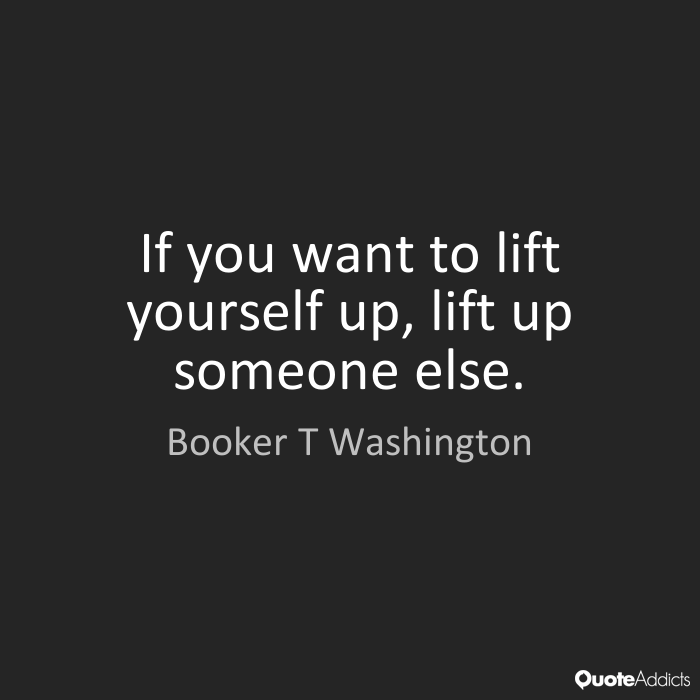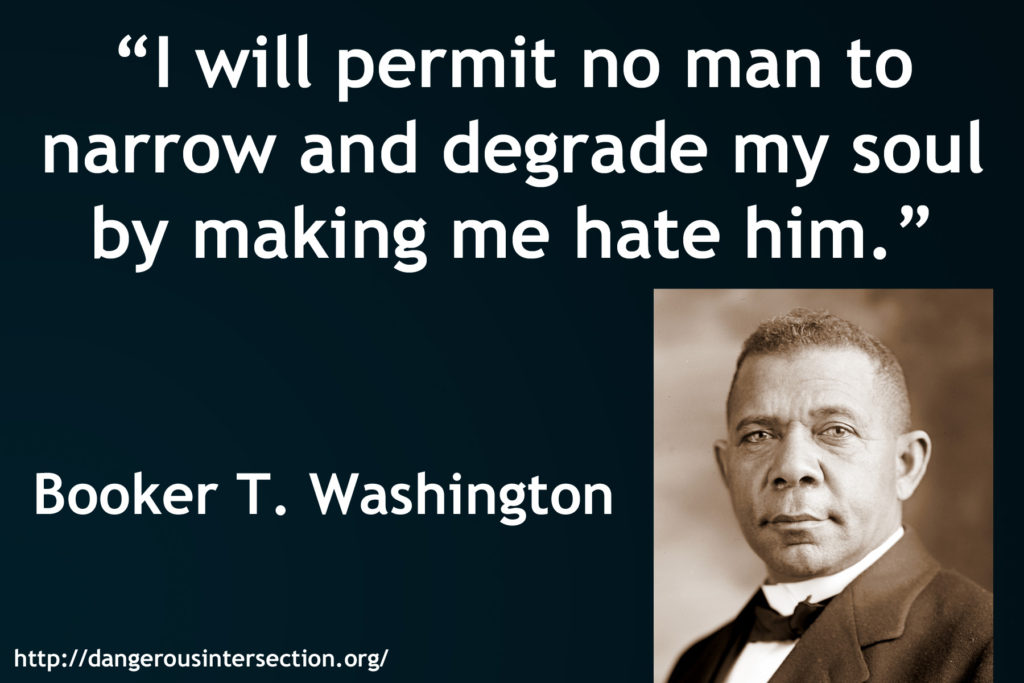What occupies professors when they are on summer vacation? I imagine some may think we do nothing. Those would not be the professors I know; we stay busy.
For instance, I’ve been working diligently on a new upper-level history course for the fall semester: American history from 1877-1917. For me, though, that’s hardly “work”—it’s an enjoyable experience putting my thoughts together and giving them life through my PowerPoint presentations.
I’m the type of historian who concentrates quite a bit on the people of an era, less so on statistics, graphs, etc. My primary interest is character and how that affects the cause-and-effect flow of history.
I also have a tendency to provide alternative views on those people, views that don’t fit into the prevailing interpretations. Take Booker T. Washington as an example. One of the books I’m using in the course is Washington’s autobiography Up From Slavery. It’s a heartfelt account of one man who overcame tremendous disadvantages and made a positive impact on many lives through the establishment of the Tuskegee Institute.
Today, Washington is often criticized as an “Uncle Tom.” First of all, that’s a slam on the fictional Uncle Tom as presented by Harriet Beecher Stowe’s classic novel. Tom was a Christ-like man to be admired.
Washington also should be admired for his tenacity, his desire to help ex-slaves, and his Christian character.
I like to include key quotes from significant historical figures. Washington is very quotable.
Here’s one that can be applied to him personally:
Washington’s selflessness shines in these two comments:
Washington knew, from personal experience, what it meant to be discriminated against, but he also received tremendous support from many in the white community throughout his life. He lived by this motto:
That’s the perspective we need in our cultural and political wars today. It came from Washington’s Christian faith.
Here’s a very short quote, but it says a lot:
It’s amazing how just three words can communicate a vital truth.
Booker T. Washington’s life is a testimony to character, and it should be an inspiration for the current generation.
I like teaching history; it has a lot to offer us if one approaches it with a right attitude, and not with the proverbial chip on the shoulder.
History should never be used to advance a preconceived agenda, but it can be used to remind us of the significance of individuals and the impact they can make. Booker T. Washington is one such individual.





